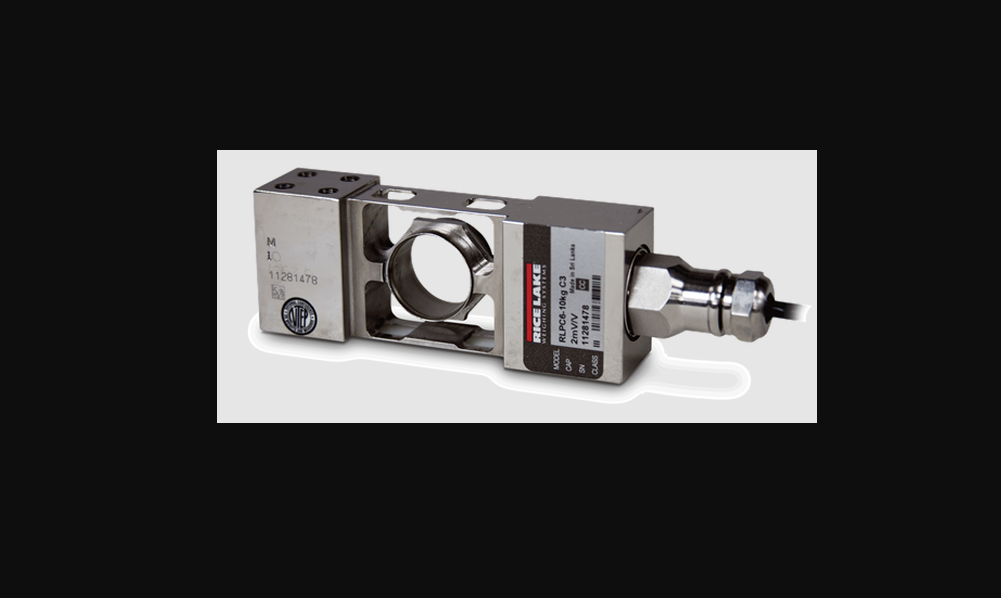Load cells are fundamental components in numerous industries, gambling a vital function within the accurate measurement of weight and force. Firstly At eTAZ Systems, we apprehend the importance of precision and reliability in these packages. This article will discover how load cells work, their differing types, then and address common questions in our FAQs phase.
What is a Load Cell?

A load cellular is a transducer that converts a mechanical pressure into an electrical sign.
- You can measure and standardize this signal to determine the quantity of pressure applied.”
- “Conclusion: Load cells play a crucial role in various applications, from commercial scales to research laboratories, ensuring precision in weight measurement and force evaluation.
How Does a Load Cell Work?

Basic Principle
How Does a Load Cell Work? is simple: stress gauges are bonded to a deformable fabric. When the load cell experiences a force, the material deforms. This deformation changes the electrical resistance of the stress gauges, which then convert it into an electrical signal proportional to the applied force.
Components of a Load Cell
Strain Gauges: These are the sensors that detect the deformation within the load mobile. Indeed They are generally made from thin cord or foil that modifications resistance whilst stretched or compressed.
Deformable Material: This is usually a steel along equally with metallic or aluminum, designed to deform under the applied load.
Wheatstone Bridge: illustrate This electrical circuit converts the resistance adjustments inside the strain gauges right into a measurable voltage alternate.
Signal Conditioning: The raw sign from the strain gauges is regularly vulnerable and noisy, so it requires amplification and filtering to supply a easy, notably usable sign.
Types of Load Cells
How Does a Load Cell Work? each suited to specific applications:
Hydraulic Load Cells: These use fluid strain to degree pressure. When a load is implemented, it compresses a fluid within a chamber, and the pressure is measured and transformed into an electrical signal.
Pneumatic Load Cells: Similar to hydraulic load cells however use air strain in preference to fluid. They are perfect for applications in which cleanliness and safety are critical.
Capacitive Load Cells: likewise These degree adjustments in capacitance due to the deformation of the weight cellular. They are notably touchy and appropriate for precision measurements.
Strain Gauge Load Cells: The maximum not unusual type, Addition these use bonded strain gauges to measure deformation and convert it into an electrical signal.
Applications of Load Cells
Load cells are used in a wide variety of industries and applications, consequently which include:
Industrial Weighing: From small scales to big business weighbridges, furthermore load cells offer correct weight measurements.
Manufacturing: Load cells display the forces carried out throughout the manufacturing manner to make certain product nice and consistency.
Research and Development: In laboratories, load cells are used to degree forces in numerous experimental setups.
Aerospace and Automotive: Load cells measure the forces and stresses on additives and systems, making sure safety and overall performance.
Healthcare: In medical gadgets, load cells help in precise measurements, inclusive of in affected person lifts and surgical contraptions.
FAQs about Load Cells
1. What are the one of a kind styles of load cells to be had?
Load cells are available numerous sorts, inclusive of hydraulic, pneumatic, conversely capacitive, and stress gauge load cells. Each type has its precise blessings and is suitable for precise programs.
2. How do I pick out the proper load cellular for my application?
To select the proper load cell, consider factors such as the type of pressure to be measured, However the required accuracy, the operating environment, and the load cell’s capacity. Consulting with experts like those at eTAZ Systems can help you make the right choice.
Three. What is the everyday accuracy of a load cellular?
The accuracy of a load mobile relies upon on its kind and design. Strain gauge load cells, for instance, moreover will have accuracies starting from 0.03% to 0.25% of the total-scale studying. It’s vital to choose a load mobile that meets the accuracy necessities of your software.
Four. How do I maintain and calibrate a load mobile?
Regular protection and calibration are crucial to make certain the accuracy and toughness of a load cellular. Calibration need to be finished periodically the usage of acknowledged weights, besides and the burden cell have to be inspected for any physical damage or signs of wear.
Five. Can load cells be used in harsh environments?
Yes, load cells may be designed to operate in harsh environments, thus such as high temperatures, corrosive atmospheres, and high humidity. Specialized load cells with appropriate protective coatings and substances are available for such situations.
Conclusion
At eTAZ Systems, we pride ourselves on presenting awesome load cells and professional guidance to ensure accurate and reliable force size for your applications. Understanding how load cells work and choosing the proper type to your needs can greatly beautify the precision and performance of your operations. If you have any in addition questions or want assistance, our crew of specialists is continually right here to assist.
